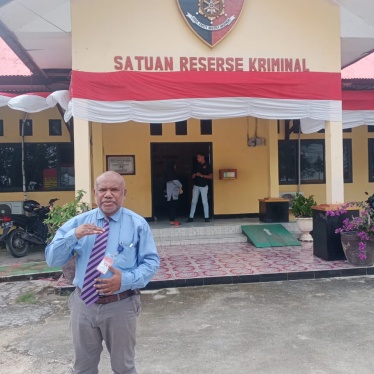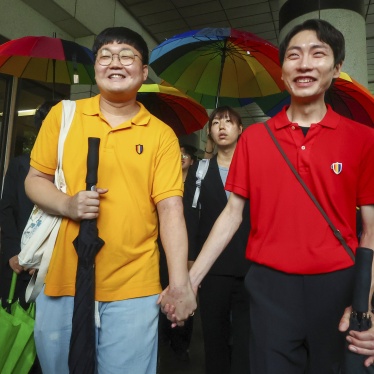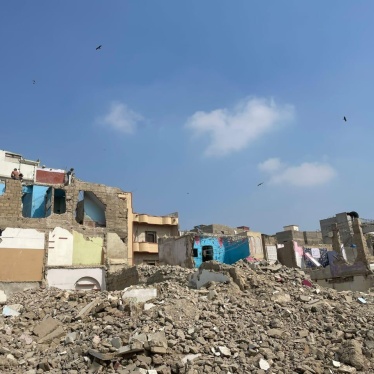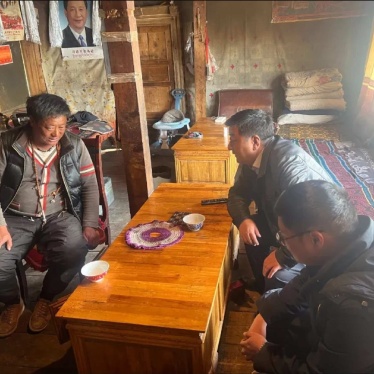(New York) – The Indian government failed to address increasing attacks on free expression and against religious minorities, Human Rights Watch said in its World Report 2016. Authorities blocked foreign funding and increased restrictions on civil society groups critical of the government or large development projects.
In the 659-page World Report 2016, its 26th edition, Human Rights Watch reviews human rights practices in more than 90 countries. In his introductory essay, Executive Director Kenneth Roth writes that the spread of terrorist attacks beyond the Middle East and the huge flows of refugees spawned by repression and conflict led many governments to curtail rights in misguided efforts to protect their security. At the same time, authoritarian governments throughout the world, fearful of peaceful dissent that is often magnified by social media, embarked on the most intense crackdown on independent groups in recent times.
“The Indian government’s clampdown on dissent this year undermines the country’s long and rich tradition of free expression,” said Meenakshi Ganguly, South Asia director. “Instead of denial and retaliation, the authorities should encourage tolerance and peaceful debate and prosecute those committing or inciting violence.”
Authorities used overbroad sedition, criminal defamation, and hate speech laws to harass and prosecute those expressing dissenting, unpopular, or minority views. The government often allowed a “heckler’s veto” to interest groups claiming to be offended by books, movies, or artwork and pushed for censorship or otherwise harassed authors. More encouragingly, the Supreme Court of India struck down section 66A of the Information Technology Act, which criminalized a broad range of speech online and had been used by authorities to pursue critics.
In a worrying trend, anti-Muslim rhetoric by some leaders of the ruling Bharatiya Janata Party (BJP) stoked insecurities among religious minorities. Hindu vigilante mobs killed four Muslim men over suspicions they had killed or stolen cows for beef. Many Indians – including writers, artists, actors, academics, film makers, and scientists – protested against sectarianism and the silencing of dissent. Some BJP leaders responded with angry denials, fueling online threats and hatred against the protesters and raising concerns over potential future retaliation.
The government blocked foreign funding for organizations such as Greenpeace India and targeted several others, including the Ford Foundation. Authorities labeled activists such as Teesta Setalvad and Javed Anand “anti-national” when they sought justice for victims of the 2002 communal riots in Gujarat. Such tactics had a chilling effect on the work of other groups. In a rare advance for accountability, the Indian army confirmed six soldiers received life imprisonment for the 2010 extrajudicial killing of three villagers in Jammu and Kashmir state.
However, impunity for security forces remained a serious problem. Police reforms made little progress as police committed serious human rights violations, including extrajudicial killings.
Prime Minister Narendra Modi made numerous international trips in a bid to boost trade and India’s engagement in global affairs. But India continued to vote poorly on human rights issues at the United Nations. India abstained on Human Rights Council resolutions on Syria, North Korea, and Ukraine and voted against resolutions on Iran and Belarus.
“India has been long been vocal about playing a larger role in global affairs and Prime Minister Modi shares those aspirations, but so far, he has failed to take steps to improve India’s weak record on human rights at home and abroad,” Ganguly said.







